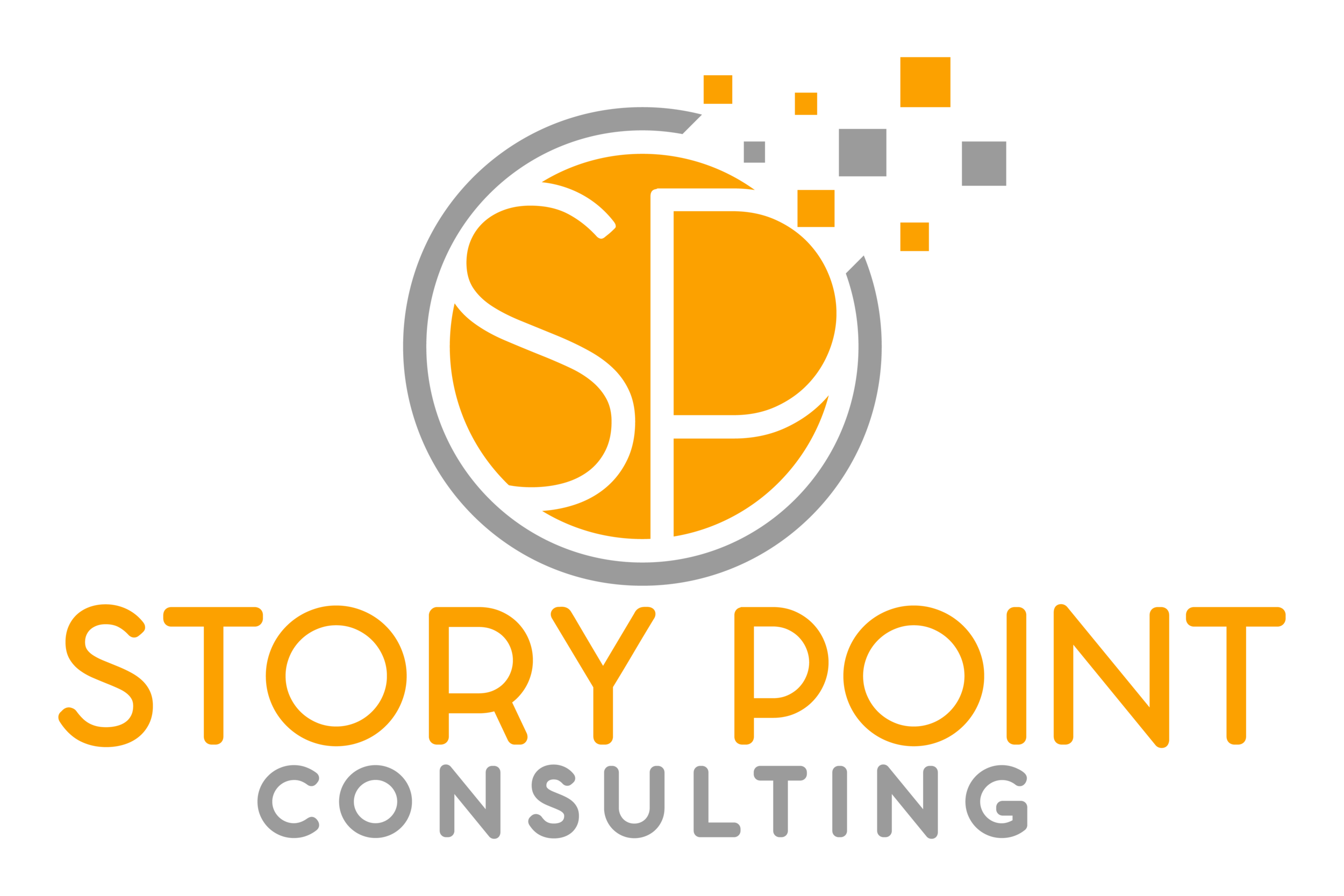To Host or Not to Host: Evaluating Your Nonprofit Event’s Potential
Fundraising events are a popular choice for some nonprofits. However, it's critical to consider several factors before deciding if an event is right for your organization. For an event to be worth your while, it must align with your nonprofit’s mission, available resources, and your target audience.
The success of nonprofit events should not simply be measured by the number of attendees. Events are a way for your organization to engage with your community, allowing participants to unite around a common cause. Furthermore events enable individuals to personally connect with the cause, fostering memorable experiences that inspire continued support. And, they can also play a role in securing essential funding for your cause, thereby enabling your team to extend its impact and improve lives.
But, how do you ensure that an event is a good fit for your organization? In this article we will provide strategies to evaluate your event's potential, ensuring it aligns with your organization’s goals.
Does your event align with your mission?
Most nonprofits are centered around a single purpose, and that’s known as your organization’s mission, and your mission drives everything that you do. As you plan your event, ensure that it mirrors your mission and values. The location or the theme of the event should be considered as they may reflect the purpose and values of your organization, especially for attendees interacting with your organization for the first time. Organizations should be aware that an event that is not in line with your core beliefs could do more harm than good.
For example, suppose a nonprofit that provides activities and recreation for older adults wants to plan an event. One consideration may be finding a location that's easily accessible to all. And, the theme might showcase the significance of community, especially for aging individuals, and celebrate the vibrancy of older adults. Both the location and theme should reflect the mission and engage an audience that your organization serves.
Understanding Your Audience
Knowing your audience well allows your organization to design experiences that resonate with their interests. This not only strengthens their connection with your organization, but also enhances the likelihood of their continued support.
For some individuals, fundraising events are more than a gathering, but an opportunity to connect and strengthen their ties in the community. Knowing these types of key details about your audience's preferences will help your organization plan a suitable event. For example, your audience may be new and keen to know more about your organization. Or they may be interested in attending to meet other like-minded supporters. Or they might want to explore unique ways of supporting your cause. By understanding their interests, you can encourage more participation. Ignoring your audience’s preferences could lead to a poorly received event and wasted resources. Therefore, taking the time to understand your audience can better support your organization’s goal of creating a successful, engaging event.
Use past events as a benchmark
Analyzing data from past events can help you understand what worked and what did not. Key questions to consider can include the total amount fundraised, whether you met your goal, the cost, whether the revenue exceeded the cost of the event, the attendance, whether there were repeat attendees, and feedback received. All these details help your organization decide if it's worth hosting similar events in the future.
For example, if your organization has had many repeat attendees at past events, this could signal that you have done a great job creating an engaging event agenda, or used strong marketing and outreach strategies. Using your past events as a basis to assess and plan your future fundraising events is a sound strategy to make decisions that will lead to better future events.
Assess your team’s resources and capacity
Regardless of how incredible an event may sound in practice, if your team does not have the necessary resources and capacity, the event execution is likely to have issues. A large fundraiser may sound great, but if it requires hundreds of volunteer hours, or has an incredibly large budget or specific expertise is required then it may not be the best fit for your organization. Not considering your team’s time and capacity can lead to staff and volunteers who can burn out and lead to a diminished quality of the event. Always consider the capacity of your team before determining the event that you would like to hold.
There are so many moving pieces when planning an event. But most importantly, event planning it's about making sure each part of the event supports your organization's larger goals. By aligning your event with your mission, knowing your audience, studying past events, and considering your resources, you can create an event that not only delights the community but also works within your budget and amplifies your nonprofit's impact. This approach helps create memorable experiences that engage supporters and community members.




